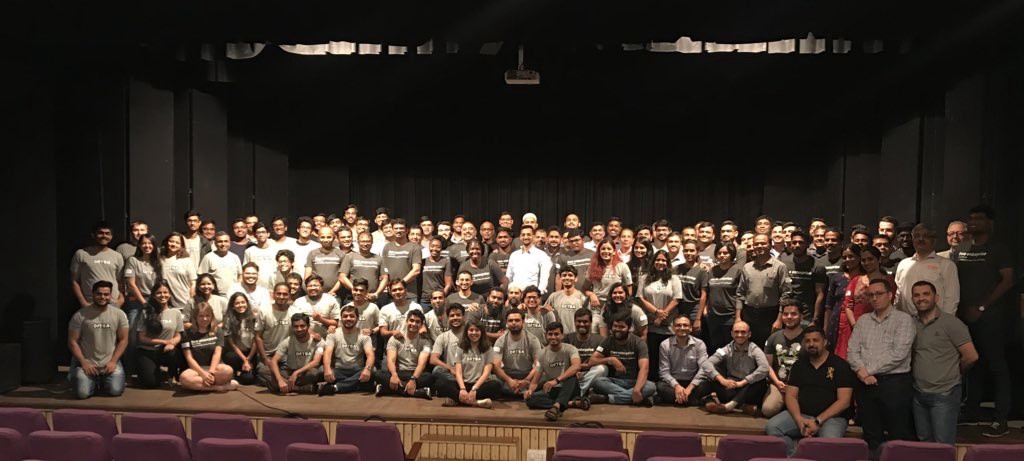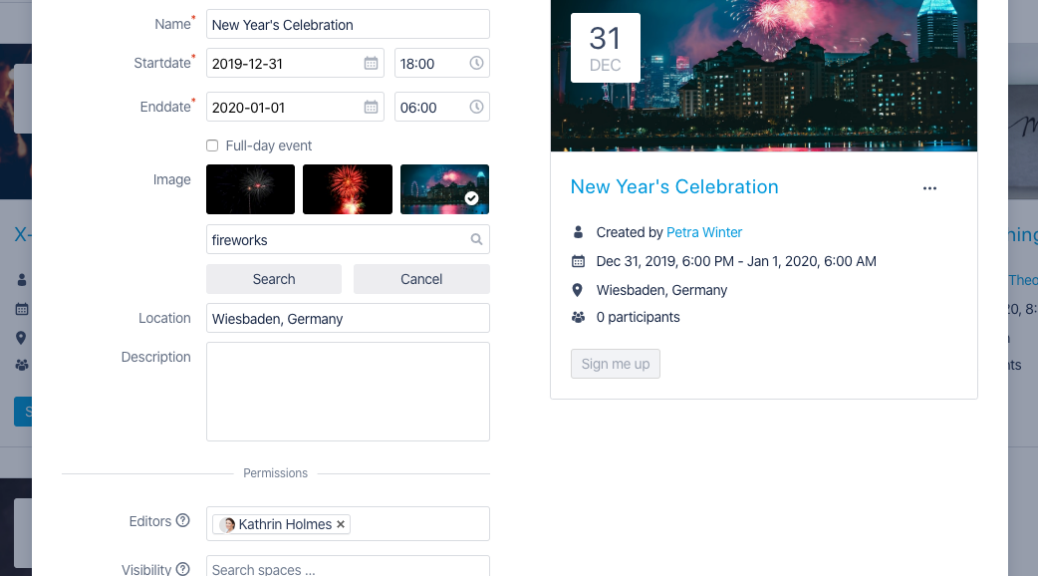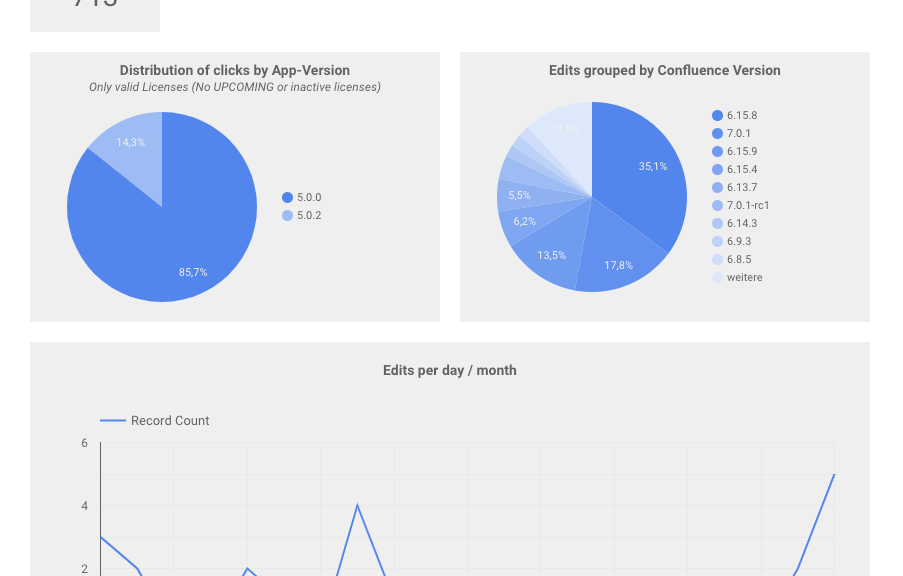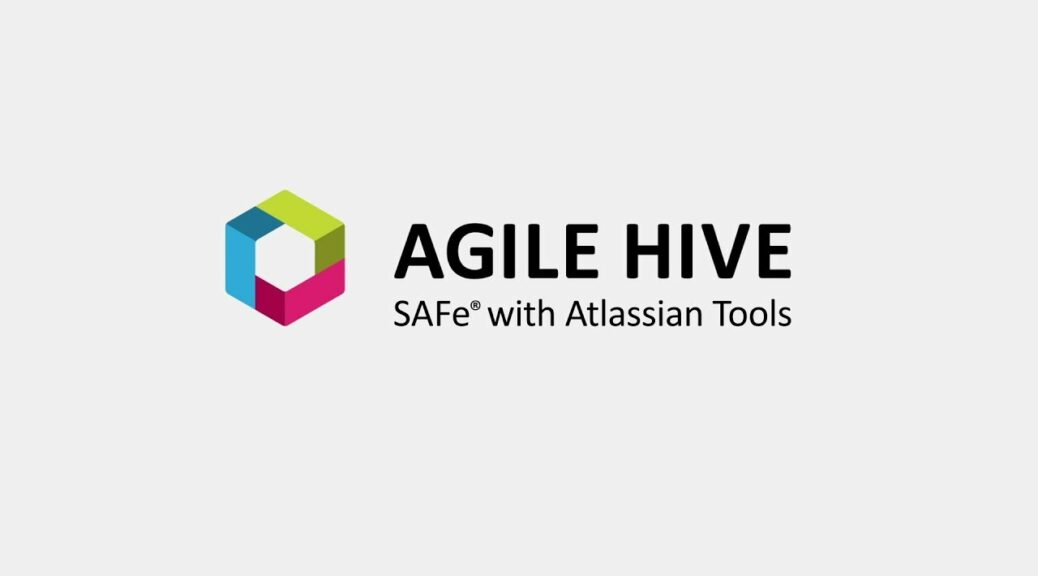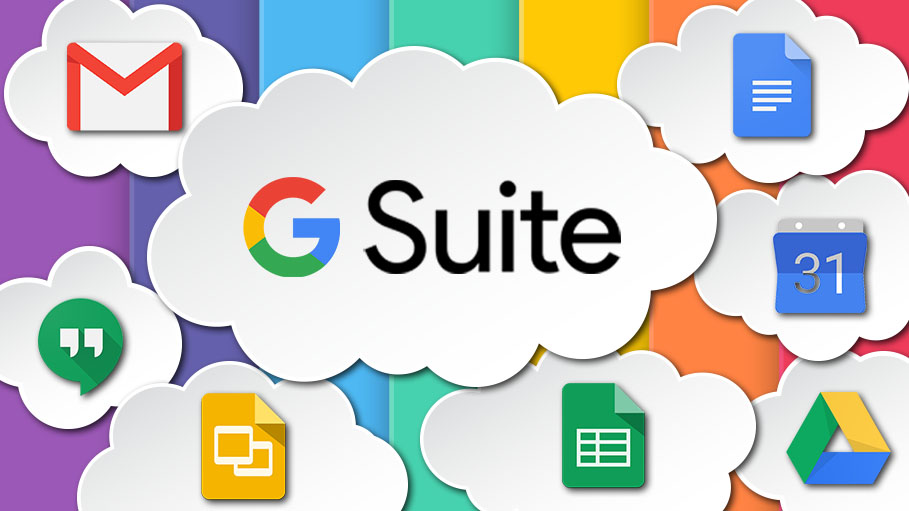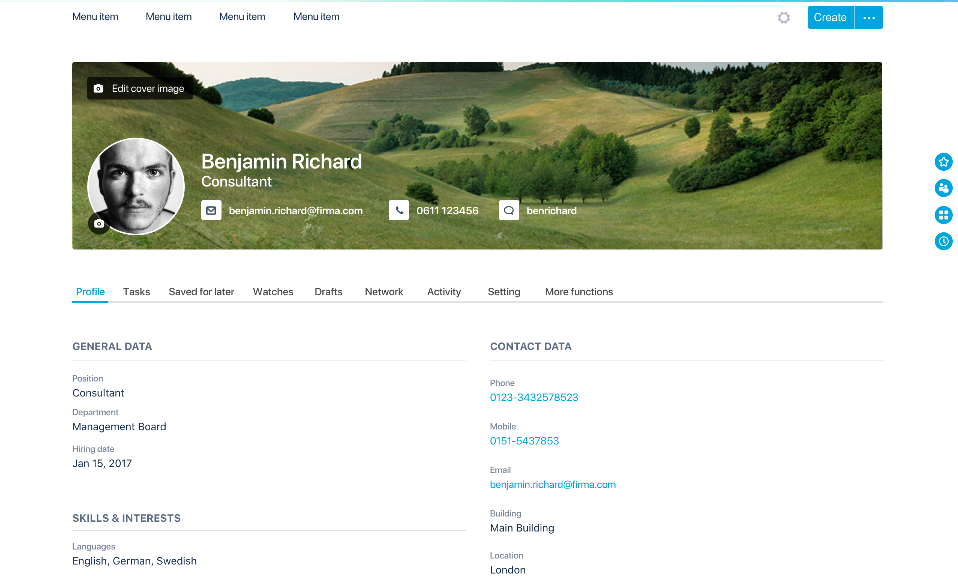Kai Rödiger, Jonas Depoix, and Mario Truß were at the ERPNext Conference 2019 in Mumbai representing //SEIBERT/MEDIA as both supporters and as users. The following article is an overview of their experience at the conference. ERPNext is an open-source ERP system, meaning that it’s also free of charge and license-free. It’s developed by the Indian software producer Frappe. //SEIBERT/MEDIA has decided to use ERPNext as a central customer database, and they’ve put an internal IT team in charge of implementing the system. For us, this is an investment in the future.
Highlights from ERPNext Conference 2019 in Mumbai
